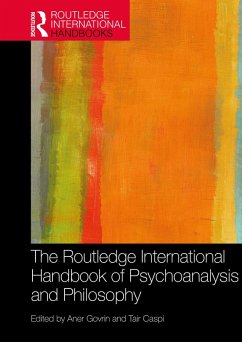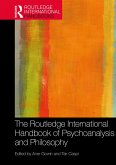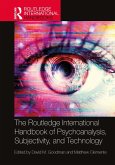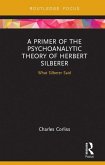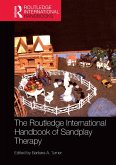Written by a team of world-leading experts, including established scholars, psychoanalysts and emerging talents, the Handbook investigates and discusses the psychoanalytic schools and their philosophical underpinning, as well as contemporary applied topics. Organized into five sections, this volume investigates and discusses how psychoanalysis stands in relation to leading philosophies such as Wittgenstein, Heidegger, Nietzsche, and Kant; philosophical perspectives on psychoanalytic schools such as Freud, Klein, Bion, Kohut, and Lacan; how psychoanalysis addresses controversial topics in philosophy such as truth, language and symbolism, ethics, and theories of mind. The last section addresses contemporary applied subjects in psychoanalytic thought: colonialism, gender, race, and ecology.
This Handbook offers a novel and comprehensive outlook vital for scholars, philosophers, practicing psychoanalysts and therapists alike. The book will serve as a source for courses in psychoanalysis, philosophy of science, epistemology, ethics, semiotics, cognitive science, consciousness, gender, race, post-colonialism theories, clinical theory, Freud's studies, both in universities and psychoanalytic training programs and institutes.
Dieser Download kann aus rechtlichen Gründen nur mit Rechnungsadresse in A, B, BG, CY, CZ, D, DK, EW, E, FIN, F, GR, HR, H, IRL, I, LT, L, LR, M, NL, PL, P, R, S, SLO, SK ausgeliefert werden.

